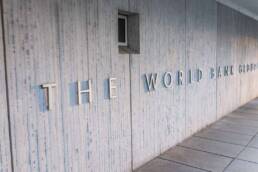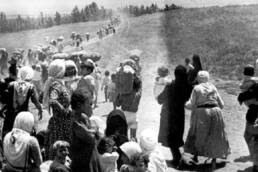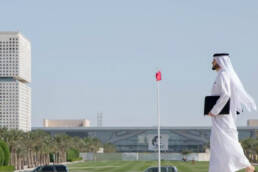Notes:
(*) Contemporary Arab Affairs, Vol. 6 No. 3, July 2013; (pp. 358–375) DOI: 10.1080/17550912.2013.824141
(**) This paper was originally presented at the Symposium on Religion and the State in the Arab World, convened by the Centre for Arab Unity Studies (CAUS) and the Swedish Institute of Alexandria in Al-Hammamaat, Tunisia, October 2012.
Published By: University of California Press Journals
Copyright & Usage: © 2013 The Centre for Arab Unity Studies
(***) Salaheddine Jourchi: President of the forum group ‘Al-Jahez’; a Tunisian journalist and rights activist.
Corresponding author e-mail: saidanadhmi6@gmail.com
We appreciate your support
SUPPORT THE CENTRE FOR ARAB UNITY STUDIES
The Centre is reaching out for its friends and readers for support, whether by ordering our publications and paying for them in hard currency, or through donations. The Centre welcomes any support to boost its resiliency, to ensure its survival, the continuation of its legacy and its commitment to tackle issues facing the Arabs and the Arab world.



